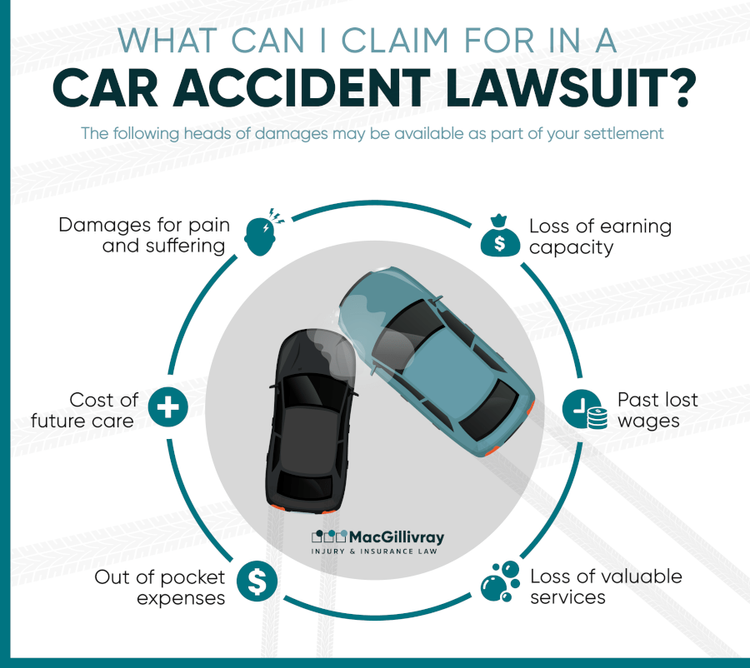After you’ve been injured in an accident, it is important to follow your doctor’s reasonable treatment recommendations in order to maximize your recovery and the amount of damages you are eligible to receive.
For sprains, strains, and whiplash associated disorders in Nova Scotia, it is codified in legislation that for your injury to exceed the minor injury cap, you must endure serious impairment, and either comply with treatment recommendations or prove that severe impairment would have resulted regardless of compliance with those treatments. This particular provision only limits the amount of general damages that you are entitled to receive to the cap amount.
For all types of damages in other provinces and damages other than general damages for pain and suffering in Nova Scotia (those not covered by the minor injury cap) the common law principle of mitigation applies. In this context, mitigation means that a failure to comply with treatment recommendations from a physician will result in a reduction in the amount of overall damages you are entitled to. If you do not comply with the recommended treatment plan, and your injuries continue to cause disruptions in your life, the general damage award will likely reflect your lack of treatment and be reduced accordingly. Similarly, if you are unable to return to work because of your injuries, and you have not completed the treatment recommended to you by a physician, your awards for other damages like lost income and diminished earning capacity might also be reduced. The same principle applies for claims for loss of housekeeping and valuable services.

It is the at-fault party’s responsibility to prove that the injured party did not mitigate their damages, or, in other words, prove that the injured did not do everything they reasonably could to heal their injuries. The injured party’s duty to mitigate stems from the notion that the injured party must minimize his damages to the best of his abilities. The injured party must work toward getting better by following professional recommendations. Where he chooses not to minimize, the resulting expenses cannot be charged to the at-fault party.
There is an exception to this principle, however, when an injured party has a pre-existing psychological condition that prevents them from making a rational decision regarding treatment. The Supreme Court of Canada handled this issue in Janiak v. Ippolito, [1985] 1 SCR 146, when the injured plaintiff refused surgery that had a 70% chance of success due to a pre-existing fear of all surgery. The injured party insisted on a 100% success rate in order to follow through on the treatment. He therefore remained injured and unable to work having not received the necessary treatment. The Court found that the trier of fact, or the trial judge, is who decides whether the refusal of treatment is reasonable. Here, the trial judge found that the decision not to undergo surgery was unreasonable, and the Supreme Court of Canada upheld that finding. Damages for the injured plaintiff were therefore reduced by 70% to reflect the probability of recovery had he undergone the surgery. Despite the trial judge’s decision that the injured plaintiff did not have a valid psychological condition exempting him from reduced damages for refusing treatment, the precedent set in this case affirms such an exemption where it is merited.
Furthermore, the Supreme Court of Canada drew a line between injured parties “who are capable of making a rational decision regarding their own care and those who, due to some pre-existing psychological condition, are not capable of making such a decision.” Where the injured party is capable of making a rational decision, he assumes the cost of an unreasonable decision. However, where he is unable to make a choice at all due to a pre-existing psychological condition, the injured party should not bear the cost of refusal to undergo treatment once he has proven that he was wrongfully injured.
Have questions for our team?
Frequently Asked Questions
Request a
Free Consultation
If you would like to learn your legal options at no obligation, contact us today to set up a free consultation.
